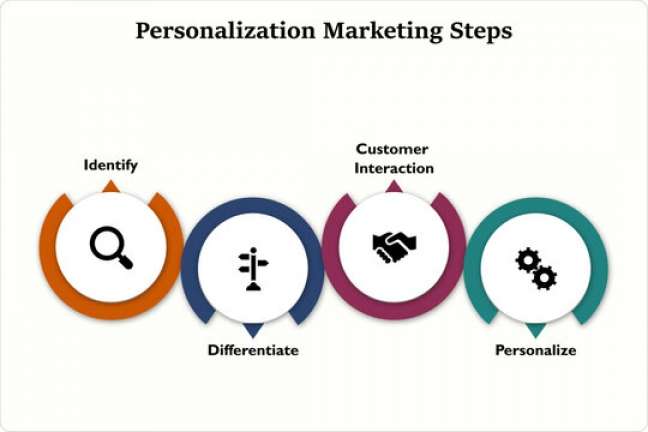Do you want to learn how to find the right keywords for your website? Are you looking for a guide that will help you understand how keyword research tools work? If so, you have come to the right place! In this blog post, we will discuss six things that you can expect from a good keyword research tool. We will also provide a few recommendations for tools that you can use to get started. Let’s get started!
1. What is keyword research and why do it
To put it simply, keyword research is the process of finding words and phrases that people use when searching for information on a particular topic.
If you’re running a website or blog, then it’s important to do keyword research so that you can target keywords that your audience is actually searching for. This will help you to get more traffic to your site, and it can also help you to rank higher in search engines.
2. The basics of keyword research – what you need to know
When you first start learning about keyword research, it can be tempting to try and cram in as much information as possible. However, this is often counterproductive and can lead to confusion and overwhelm. Instead, focus on understanding the basics of keyword research. This will give you a solid foundation on which to build more complex knowledge later on. Maybe you’ll need to find the best Amazon keyword research tool, or you’ll want to learn how to do keyword research for Google AdWords. Either way, understanding the basics is essential.
Some of the things you should expect to learn include:
– What a keyword is and why it’s important
– How to choose the right keywords for your needs
– The different types of keywords (broad, long-tail, etc.)
– How to use keyword research tools
– The different stages of the keyword research process (including competitor analysis)
3. How to use keyword research tools to get the most out of your data
If you’re serious about understanding your audience and providing them with content that meets their needs, keyword research is essential. The right tools will help you surface the most relevant keywords for your business and enable you to track your progress over time.
There are a number of different keyword research tools available on the market, but they all essentially serve the same purpose: to help you understand what people are searching for online.
Some of the most popular keyword research tools include Google Keyword Planner, Moz Keyword Explorer, and SEMrush Keyword Research. Each tool has its own unique capabilities, but they all provide insights into search volume, competition level, and related keywords.
4. Understanding search engine results pages (SERPs)
You can think of SERPs as the table of contents for the internet. When you type a query into a search engine, it scours its index for the best results and displays them in order of relevance on a SERP.
The layout and components of a SERP vary depending on the query, but they usually include Organic Results (webpage results that appear naturally in the SERP), Paid Results (ads), Local Results (Maps, business listings), Images, Videos, and News.
The components of a SERP also vary depending on the search engine you’re using. Google has by far the most complex and varied SERPs, while other engines like Bing have SERPs that are more straightforward and uniform.
5. Evaluating competitor websites and strategies
Since you’ll be targeting the same keywords as your competitors, it’s important to understand their approach. This includes understanding:
-What strategies they are using to rank
-The quality of their content
-The quantity of their content
You can get all of this information by doing a simple Google search and then visiting each website. Once you have a good understanding of your competition, you can start to develop your own strategy.
6. Putting it all together – using your findings to improve your website’s SEO
One of the most important things to remember when conducting keyword research is that your findings are only as good as what you do with them. Simply collecting a list of relevant keywords is not enough – you need to use your findings to improve your website’s SEO. This means incorporating the right keywords into your website’s content, title tags, meta descriptions, and more.
If you’re not sure how to do this, don’t worry – there are plenty of resources out there that can help. But if you take the time to learn how to properly use keyword research tools, you’ll be well on your way to improving your website’s SEO and driving more traffic to your site. Thanks for reading!
















